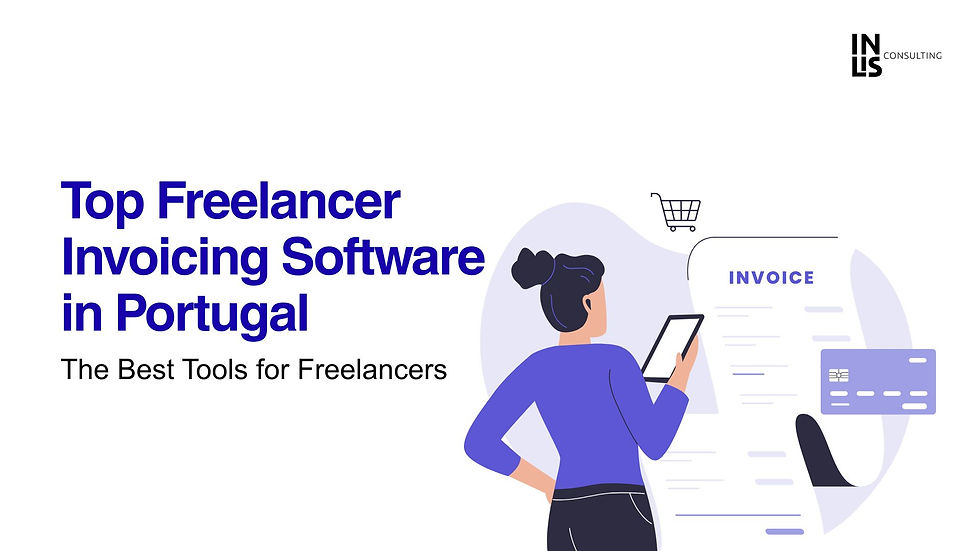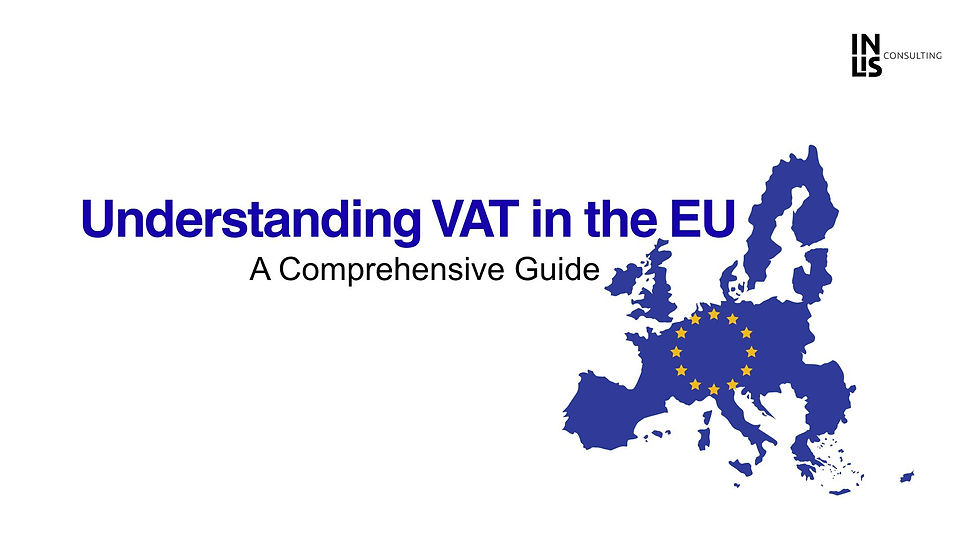The Transformative Shift to Cloud-Based Accounting
- INLIS Consulting
- Jul 18
- 3 min read
Cloud-based accounting has ushered in a new era for accounting professionals, radically improving how they work through increased agility, teamwork, and data protection. This shift is redefining how firms operate and deliver services.

1. How Cloud Accounting Became Central to Modern Practice
Once a niche, cloud accounting is now essential. Over half of financial experts cite improved workflows and automation as their top motivators. Beyond mere efficiency gains, cloud solutions support sustainability, transparency, and tighter compliance, sparking creativity, continuous skill development, and new service models.
2. Smarter Practice Management in the Cloud
Cloud tools are transforming internal operations. Solutions like Recurring Client Management (RCM) automate routine tasks—such as invoicing and reminders—freeing accountants to focus strategically. Firms now choose technologies that match their specific needs and partner with specialists (like Profit First Professionals) to amplify results.
3. Enhancing Real-Time Collaboration
Cloud platforms let clients and accountants work with the same up‑to‑date data instantly. Integrated bank feeds, automated invoicing, and live dashboards reduce manual workloads and foster transparency. This proactive approach positions accountants as more than number-crunchers—they become trusted advisors.
4. Strengthening Security in the Cloud
Security is paramount. Leading cloud providers ensure encryption, multi-factor authentication, and automatic patching to protect data on the move and at rest. That said, security remains a shared responsibility—firms must choose strong providers and implement internal safeguards.
5. Looking Ahead: Cloud Is the Future of Accounting
The accounting world is entering a cloud-powered future. Embracing these solutions will be essential for firms aiming to improve efficiency, deepen collaboration, and strengthen data protection. As this technology matures, accountants will need to build new skills, explore partnerships, and stay on top of compliance to thrive.
Why the Cloud Breakthrough Matters
Greater efficiency: Automation cuts down on repetitive tasks.
Improved collaboration: Real‑time data sharing builds trust.
Robust security: Encryption and compliance reduce risks.
Unlocking innovation: Firms embrace advisory services and flexible working models.
Recommended Actions for Firms
Choose your tools wisely – Match software to your firm’s complexity and client base.
Prioritize security – Select providers offering top‑tier protection.
Train your team – Ensure staff understand cloud workflows and controls.
Integrate thoughtfully – Connect accounting software with CRM, payroll, or ERP systems.
Reassess regularly – Periodically review your cloud setup for upgrades and tighter compliance.
Cloud Adoption & Market Size
96 % of companies worldwide are expected to deploy public cloud services by 2025, with 84 % using private clouds, and 92 % adopting multi-cloud strategies
Global public cloud spending is projected to reach $723 billion in 2025, up from $595B in 2024—a 21 % year-over-year surge
Around 60 % of all corporate data now resides in the cloud
Cloud Accounting Software Growth
There’s considerable growth within the cloud accounting sector:
The market is estimated at $23 billion in 2024, reaching $26.8B in 2025, and is expected to balloon to $77.3B by 2034—a CAGR of ~12.8 %
Another forecast suggests it grows from $4.6B (2022) to $12.3B by 2030, with a CAGR of around 13.1 %.
Estimates also project the software market to hit $21.6B in 2025, growing to $33.5B by 2030 (CAGR ~9.2 %), with most being cloud-based
User Trends & Adoption by Accountants
67 % of accountants already rely on cloud accounting solutions to boost performance
In the SME segment, 56 % of their data is stored in public clouds as of 2022.
Regional Highlights & Providers
North America leads the accounting software market with ~38.8 % share in 2024, primarily driven by cloud-based deployments
Major players like Intuit (QuickBooks), Xero, Sage, NetSuite, and SAP dominate with solutions tailored to different business sizes
Top Cloud Accounting Platforms
A few noteworthy solutions include:
QuickBooks (Intuit) – market veteran with strong SMB presence
Xero – over 4 million subscribers globally
Sage – ~31 % of revenue from cloud products, growing recurring income
NetSuite, SAP – targeting mid to enterprise clients
Bench – combines cloud software with dedicated bookkeeping teams for SMEs
What This Means for Firms
Why it matters: The high adoption and hefty cloud investment show that firms not in the cloud risk falling behind competitively.
Demand for new skills: As cloud becomes standard, teams need expertise in multi-cloud, integrations, cybersecurity, and AI.
Choose based on client size: Solutions range from SMB-focused (QuickBooks, Xero) to scalable enterprise platforms (NetSuite, SAP).
Differentiate with value-add: With core accounting commoditized, firms stand out through advisory services, automation (AI features), and workflow integrations.
Final Thoughts
Cloud accounting isn’t just a trend—it’s a pivotal evolution in the profession. With benefits like operational efficiency, better client interaction, and enhanced security, accounting firms can set themselves apart in today's digital economy by embracing cloud-based tools and strategies.




Comments